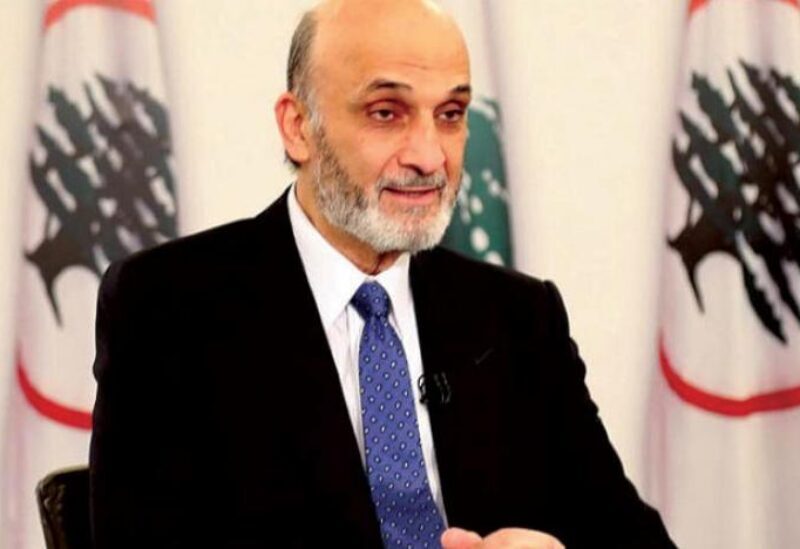
Samir Geagea, leader of the Lebanese Forces party, has called on the Lebanese President Michel Aoun and the caretaker Prime Minister Hassan Diab to send an immediate request to the Secretary-General of the United Nations for the creation of a fact-finding committee into the Beirut Port explosion.
“I’m saying this while being fully aware that those in power won’t take such move but I’m only saying what needs to be done,” Geagea said in a statement on Friday.
“Unfortunately, what we have foreseen has materialized indeed: Judge Sawan was removed from the port probe after several obstacles were placed on his path,” adding “nobody can convince us that any local investigation would lead us to any serious outcome in the crime that took place in the port.”
In a rebuke to politicians, Geagea said there is no hope in those in power, noting that “the only solution is to immediately reconstitute the incumbent ruling class, and there is no way to do that except through early parliamentary elections.”
“On a personal level, the “Strong Republic” bloc will sign a petition and address it to the Secretary-General of the United Nations for the same purpose,” he added.
The Court of Cassation ruling over the request to transfer the Beirut Port explosion case from Judge Fadi Sawan to another magistrate upheld this procedure on Thursday, ordering to transfer the case to a judge who shall be appointed in accordance with article 360 of the Criminal Procedure, the National News Agency reported.
The Criminal Court of Cassation was chaired by Judge Jamal Al-Hajjar.
The two ex-ministers Ali Hassan Khalil and Ghazi Zeaiter had requested to transfer the case from Judge Sawan to another magistrate, judicial sources reported, adding that Sawan will be summoning them as defendants if the court rejects their request.
The explosion that rocked the Port of Beirut on Aug. 4 is considered to be one of the biggest non-nuclear blasts in history. It added further strains to a country grappling with its worst economic crisis since the 1975-1990 civil war.
The blast killed more than 200 people, injured thousands and devastated several districts in the center of the Lebanese capital.